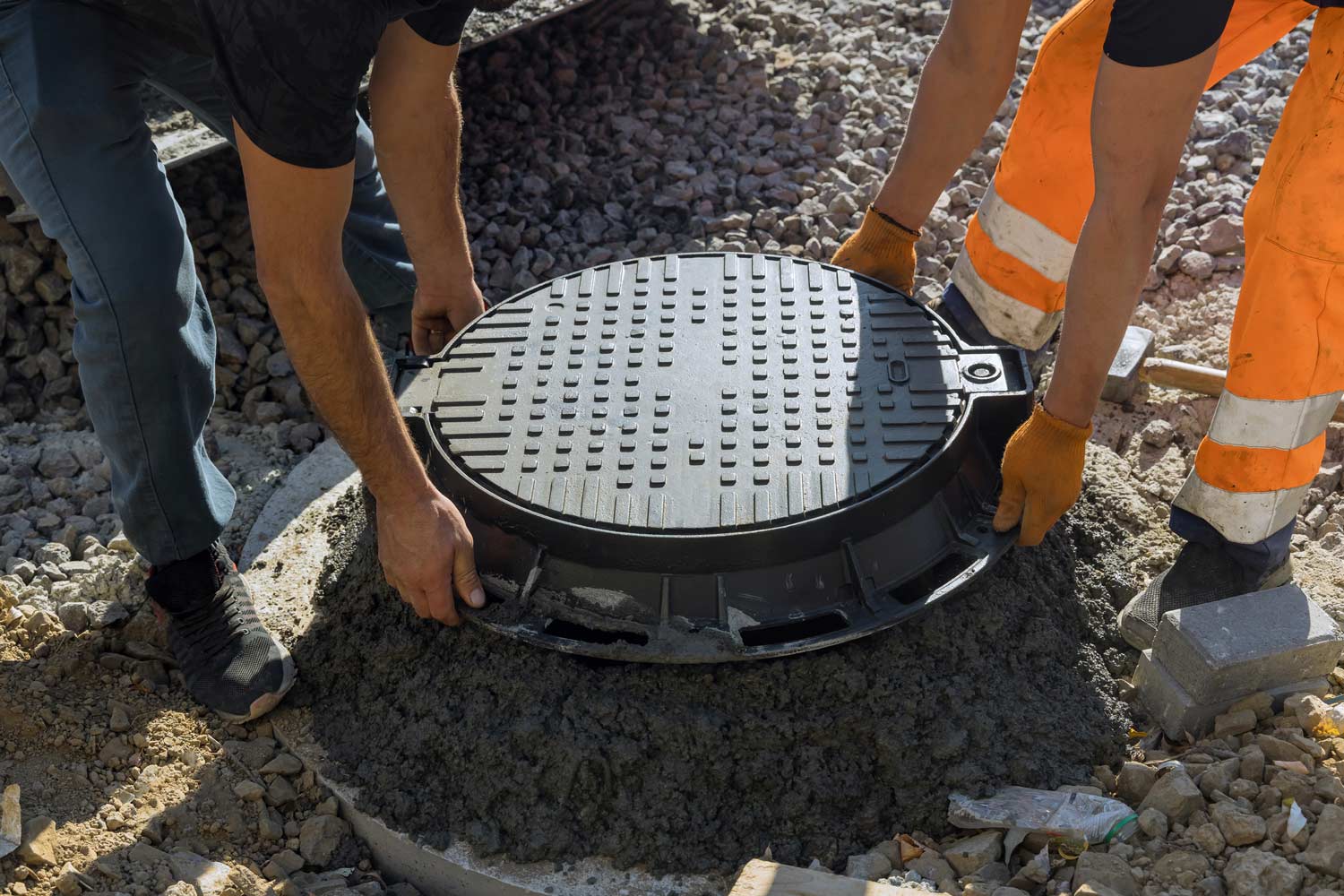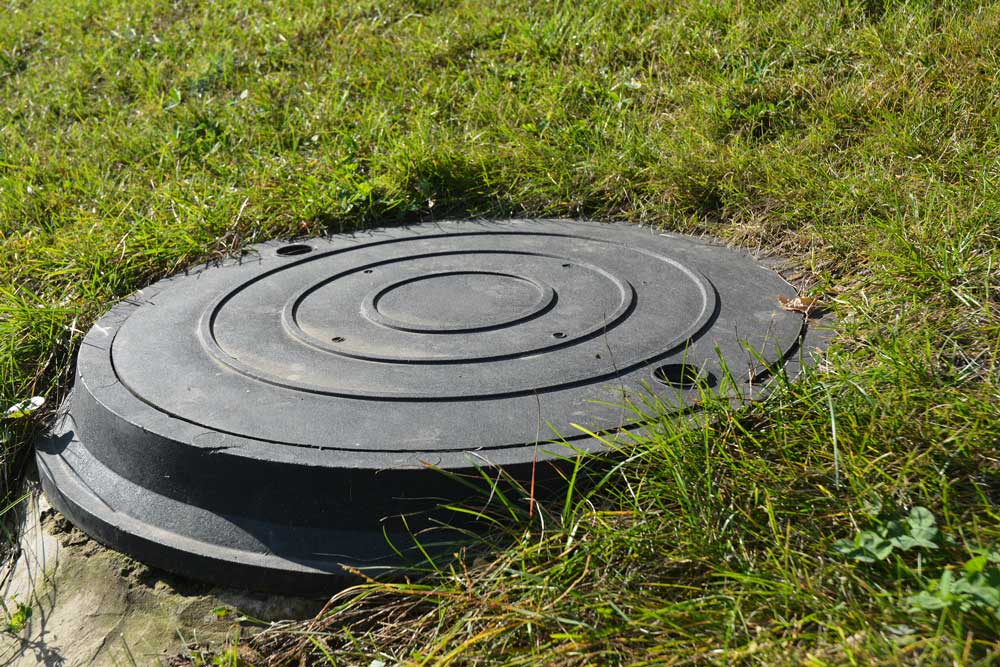How to Prevent Septic System Backflow and Flooding
Admin • June 8, 2021
Many factors could cause the backflow of waste into your home, including an overwhelmed septic tank, a failed drain field, a clogged pipe, or a crushed sewer. That's not something you want because you'd be exposing yourself to contaminated water, which could lead to health issues.
Follow these four tips below to ensure you don't have to deal with flooding inside your home.
Divert Rainwater From Your Septic Drain Field
A septic system comprises two essential components: the tank and the drain field. The tank receives wastewater from your home, including from the bathroom, kitchen, and washing areas, the drain field will release bio-waste from the tank after treatment into the soil.
During flooding season or when the rain from your gutters is too much, the drain field may be soggy and incapable of handling liquid waste. This saturation causes water from the tank to back up into your home. Moreover, during a flood, the sewer may get holes where waste escapes and contaminates water from the surrounding areas.
To prevent this from happening, you should divert all the collected rainwater somewhere else rather than the drain field. The Environmental Protection Agency also advises people to avoid parking or driving over the drain field and to be careful where they plant trees to keep the roots growing into the septic tank.
Install a Backflow Preventer Valve or a Backflow Alarm
The next thing you ought to do is install a backflow preventer valve, especially if you live in a flood-prone area. A backflow preventer valve is a device that you install where the water pipes exit; this way, water can't back up into your household pipes from your septic tank.
The valve only works in one direction, so the flapper will open up to allow greywater from your home into the tank, but it will close up the entry when waste flows back.
A backwater alarm is a device that will alert household members if backflow occurs, which is very useful for homes that flood easily. The alarm comes in an alarm box that has sensors that check for clean pipes. If a water influx occurs, an alarm will sound to inform property occupants of a backflow.
Inspect and Pump Your Septic System Regularly
Inspection and pumping of the septic tank are essential to ensure that the tank is working effectively and that obstructions aren't that could affect the working of the septic system. Experts say you should inspect and pump your system at least every three years.
Depending on your household size, the size of the septic tank, the amount of wastewater generated from the house, and the volume of the solids, you might want to inspect the system more often. A professional might recommend an annual inspection if your septic system has electricity float switches or mechanical pumps.
Inspection is also vital to check for scum and sludge layers that could affect how the drain field functions. You should pump your tank if the top of the sludge layer is within 12 inches of the outlet or if the scum layer is within six inches of the bottom of the outlet.
Keep Your System Healthy
Lastly, you need to keep the system healthy so it can continue working efficiently. Flooding and backflow often occur when the system is too full or has a blockage. To keep the system in good shape, start by restricting the items you flush down the toilet.
Sanitary waste, like baby wipes, diapers, pads, and tampons, may clog the pipes and disrupt your system because it's not degradable waste. Also, avoid pouring chemicals, throwing hygiene products like toothpaste tubes and dental floss, pouring oil and greasy items from the kitchen, and disposing of condoms and cigarette butts into the sewer line.
Follow these tips above to protect the environment and your neighborhood from wastewater contamination. In case you experience a backflow or flooding, contact JT Sanitation; we'll be happy to help.
Choosing a good site for your new septic system depends on several factors. Learn what makes an appropriate septic installation site by reading this blog.
Septic tanks are beneficial but can get full fast. That’s why regular septic cleaning is important. Discover the benefits you can get.
Many homeowners disguise their septic systems. Heed these warnings to ensure your septic disguises do not come with dangerous complications.
Keep your septic system in top condition and prevent damage by preparing it for winter. Learn six steps to prepare for the colder months.
Do you suspect you have a clogged sewer line? Avoid health threats and water damage by knowing the signs to watch out fora main sewer line clog.
A septic system is a significant investment and one you want to last for years. Learn a few simple ways to increase the life of your septic system.
Septic system repair isn't something that you should leave to a DIY enthusiast. Learn about five reasons to always hire a septic system professional.
If you build a new home and you plan to install a septic system, you will need to take the percolation test. Discover four important things about this test.

